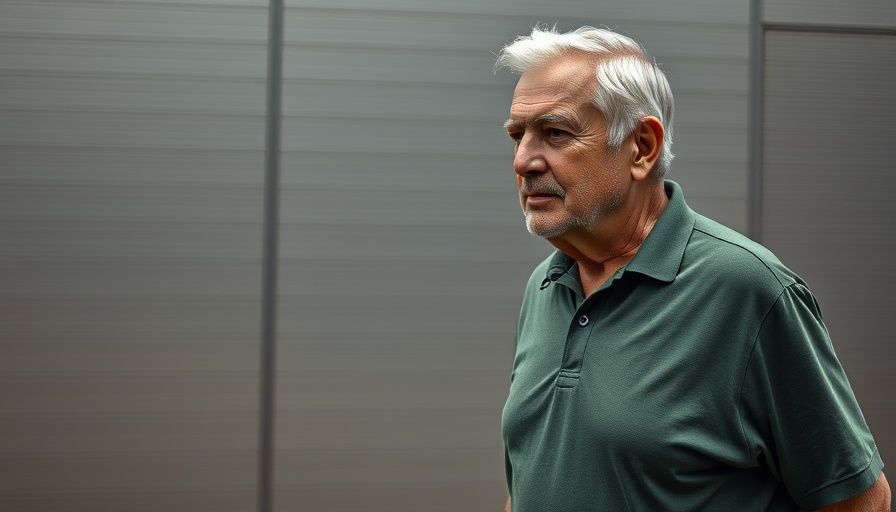
Brazil's Supreme Court Holds Former President Bolsonaro Accountable
In a landmark decision, Brazil's Supreme Court has found former President Jair Bolsonaro guilty of plotting a coup against the democratic governance of the country. This ruling sends ripples through Brazil's political fabric, highlighting the ongoing struggle between democratic institutions and authoritarian tendencies. Such critical moments in history define nations, shaping their future and values.
The Implications of the Ruling
This ruling not only affects Bolsonaro but also reflects the court's commitment to uphold democracy in the face of threats. The decision may serve as a warning to those harboring ambitions to undermine the state’s democratic processes. As countries around the globe watch closely, it poses the question: Can Brazil restore faith in democracy while dealing with the shadows of past regimes?
Historical Context: Lessons from Brazil's Past
Brazil's political history is filled with rapid changes in governance and authority, many times influenced by military coups and dictatorships. The lessons of the past resonate today, as the populace reflects on the importance of a functioning democracy and the dangers posed by leaders willing to manipulate the system for personal gain. Understanding these historical events can guide voters and leaders alike, as they navigate the challenging landscape of political integrity.
Parallel Examples: Accountability in Other Democracies
Similar to Bolsonaro's case are incidents in other democracies where leaders have faced accountability for their actions. For instance, the United States saw the impeachment of former President Donald Trump based on accusations of inciting insurrection. Such cases raise the critical discussion of how democracies can maintain accountability and prevent the abuse of power.
Future Predictions: What Lies Ahead for Brazil?
Looking ahead, the ruling against Bolsonaro could pave the way for a more robust accountability framework in Brazil. This may inspire younger generations to engage actively in politics, driven by an enhanced understanding of their rights and responsibilities within a democracy. With the nation's political climate shifting, it opens the door for discussions about reforming electoral laws and enhancing civic education.
A Call for Civic Engagement
This pivotal moment in Brazilian politics is an invitation for citizens to reflect on their role in the democratic process. Civic engagement, from voting to participating in community discussions, is vital in shaping a democratic landscape. As vested participants in the political process, individuals can influence the future direction of their country.
Connecting the Dots: Citizenship and Responsibility
The responsibility lies with all Brazilians to hold leaders accountable. This recent Supreme Court ruling serves as a reminder that democracy requires vigilance from its citizens. By actively participating in civic life, individuals contribute to a landscape where power is checked and the will of the people prevails.
As we reflect on Brazil’s journey towards maintaining a healthy democracy, the significance of accountability cannot be overstressed. What happens next in Brazil is not just a legal matter; it's a call for all citizens to rise, ensuring their voices matter in the echoing corridors of power.
 Add Row
Add Row  Add
Add 




Write A Comment